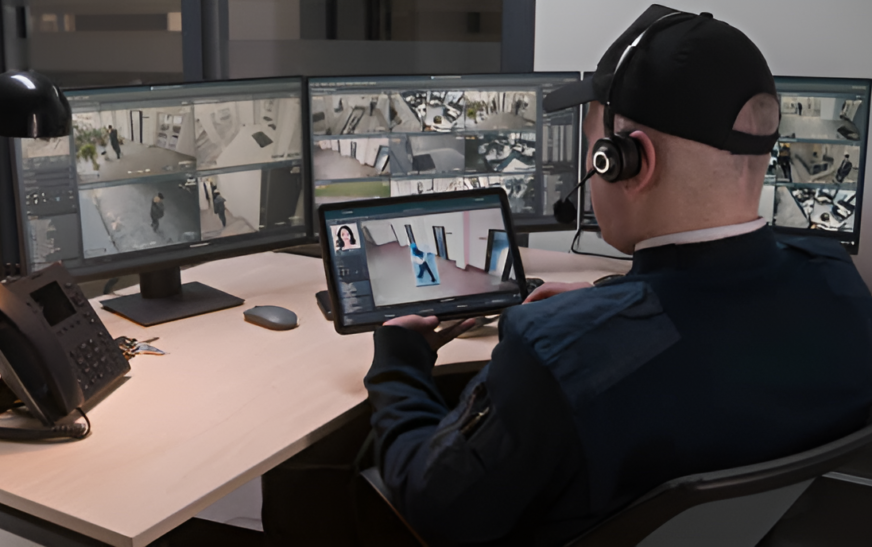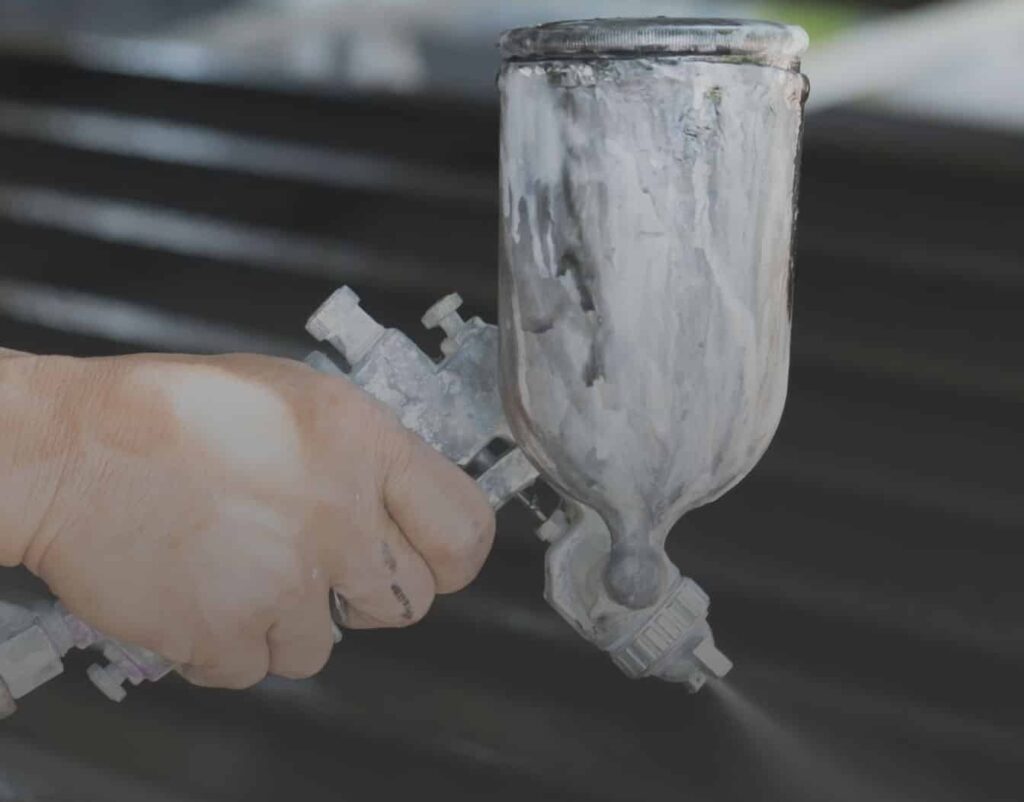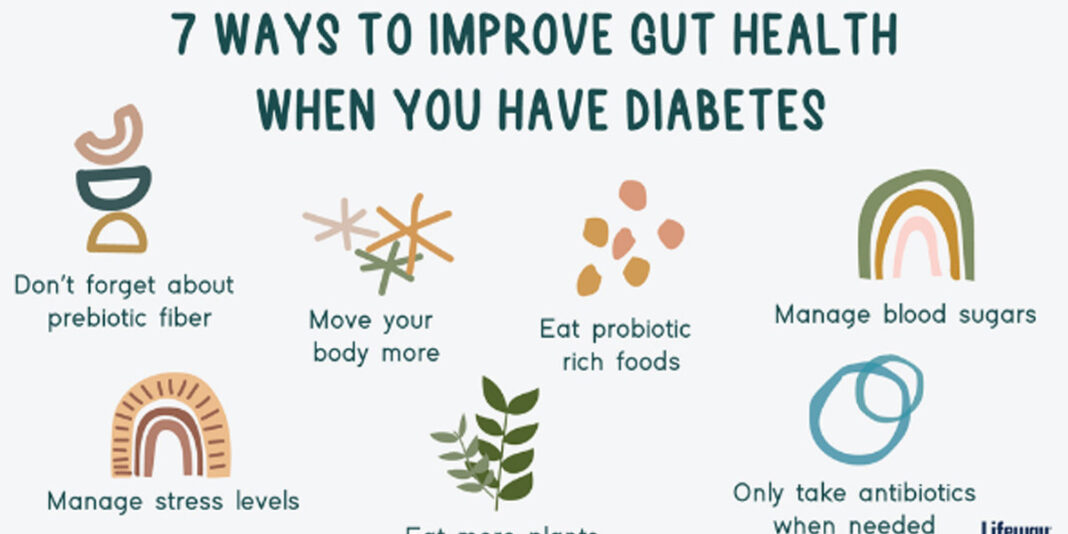Medical offices are responsible for keeping private information safe, like patient records and billing details. They also need to protect everyone in the office, including patients, doctors, and staff. Having strong medical office security means protecting both data and people.
Let’s explore some easy ways to make sure your medical office stays secure.
Keep the Office Safe and Locked
Protecting the building is the first step to staying secure. Here are some ways to lock things down:
- Install cameras: Put cameras at doors, windows, and hallways. They can scare off intruders and help catch anyone who tries to break in.
- Limit access to certain areas: Use keycards or fingerprint locks for rooms with important files or equipment.
- Secure windows and doors: Use strong locks and windows that can’t be easily broken.
- Hire security guards: Trained guards can keep an eye on the office and respond to emergencies.
These steps help keep the medical office safe from unwanted visitors.
Protect Patient Information
Medical offices handle a lot of private information. It’s super important to keep it safe from hackers and thieves.
- Encrypt files: Encryption makes it hard for anyone to read your data without a special key.
- Keep software updated: Outdated programs are easier for hackers to attack. Always update your systems.
- Use strong passwords: Choose long passwords with numbers, letters, and symbols, and change them often.
- Install antivirus software: Antivirus programs stop harmful viruses and malware from damaging your computers.
- Teach your team about scams: Show your staff how to spot fake emails or suspicious links.
Keeping patient information secure builds trust and keeps everyone’s data safe.
Be Ready for Emergencies
Emergencies can happen anytime, so it’s good to be prepared.
- Make an emergency plan: Write down clear steps to follow in case of fires, break-ins, or other problems.
- Practice drills: Teach everyone what to do by running practice evacuations and lockdowns.
- Set up alarms: Modern alarm systems can alert the police or fire department immediately.
Planning ahead helps everyone stay calm during emergencies.
Watch Out for Insider Problems
Sometimes, the danger comes from inside the office. Employees or visitors can cause problems, too.
- Do background checks: Before hiring someone, check their history to make sure they’re trustworthy.
- Track who enters certain areas: Keep logs of who goes into secure rooms and when.
- Limit what employees can access: Only let workers see the information they need to do their jobs.
Being careful about who has access helps prevent trouble.
Protect Your Office Technology
Medical offices use a lot of technology, like computers and medical machines. These need to be secure, too.
- Lock devices: Make sure all computers, tablets, and phones are password-protected.
- Separate Wi-Fi networks: Have one Wi-Fi network for work and another for guests.
- Maintain equipment regularly: Check and update machines to keep them running safely.
Taking care of your tech keeps your office running smoothly and safely.
Teach Everyone About Security
Keeping a medical office secure isn’t just one person’s job. Everyone needs to work together.
- Encourage people to speak up: Make it easy for employees to report suspicious activity.
- Reward good habits: Give recognition to team members who follow security rules.
- Set a good example: When leaders take security seriously, others will, too.
A strong team makes the office safer for everyone.
Keep Things Simple
You don’t need fancy gadgets or complicated plans to keep your office safe. Sometimes, the simplest steps are the most effective.
- Lock doors when you leave: Never leave an office unlocked, even for a quick errand.
- Shred old papers: Don’t leave sensitive information lying around. Shred documents when you’re done with them.
- Double-check visitors: Always confirm appointments before letting someone into the office.
These small actions make a big difference.
Why Does Security Matters?
When a medical office is secure, everyone feels safer. Patients trust their doctors, staff feel protected, and the office runs smoothly. Protecting medical office security isn’t just about locking doors or using passwords—it’s about creating a safe space for everyone.
By following these tips, you can make your medical office a safe and secure place. Protecting patient information, locking up important areas, and working together as a team are key to strong security. When you stay alert and prepared, you can handle any challenge that comes your way. The same idea applies to other places that handle sensitive information, like bank security services. Whether it’s a medical office or a bank, security keeps people and their data safe from harm.
Remember, keeping the office safe is everyone’s responsibility. Take these steps today to keep your medical office secure for tomorrow!










